Contact
Click on the button to send us a message with your questions or suggestions. We will get back to you as soon as possible.


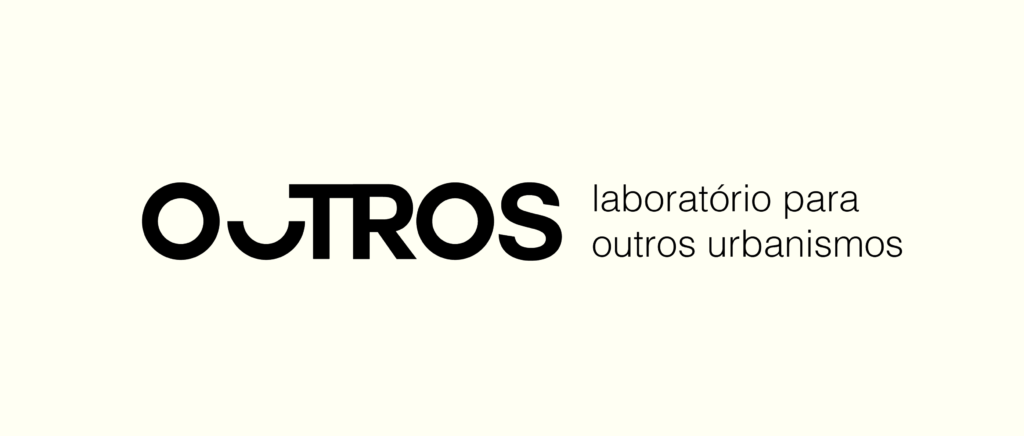
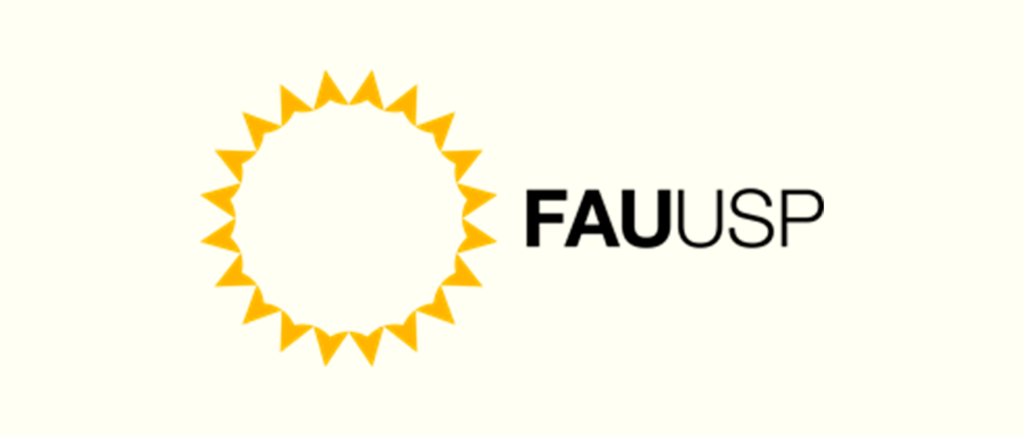

Social rent: improving our practices, social agents and policies.
Tenement practices and public policies.
Building management policy.
Resident's Handbook.
Volunteer policy.
Conversation rounds
MudA was represented by Simone Gatti (FICA/FUA) in a debate on the right to the city with Vitor Nisida (Polis Institute) at Virada da Habitação, event organized by and at IABsp.
The exhibition brought together sheets of different models of collective, cooperative, associative, and community property around the world, which were produced by students from the School of Architecture and Urbanism at USP. The show will later be taken to Parsons - the New School of Design in New York 2024.
By registration.
MudA was represented by Vivian Barbour in a debate about housing in downtown São Paulo with Carmen Silva (MSTC) and Marco Gorini (Soma) at Virada da Habitação, event organized by and at IABsp.
What are the possibilities and challenges for the implementation of public policies for social interest renting? The debate involved topics such as: rent stabilization, management of public properties for rent by non-profit entities, and rent subsidies in the private market.
A week before the meeting, the participants received a document with hypotheses for public rental policies, to be debated in the session with invited specialists.
By registration.
Brazilian cities have never been able to produce effective policies to deal with the problem of tenements. Two new elements may contribute to innovations in this field: projects such as FICA/Compartilha (São Paulo) and Haja Fund (Campinas), establishing new property regimes; and the new Census of Tenements in the central region of São Paulo, which will update data and open the policy debate. In this workshop we discussed what would be the components for a tenement policy, with an initial focus on São Paulo. The document was shared with the participants 7 days before the meeting.
By registration.
Brazilian cities have never been able to produce effective policies to deal with the problem of tenements. Two new elements may contribute to innovations in this field: projects such as FICA/Compartilha (São Paulo) and Haja Fund (Campinas), establishing new property regimes; and the new Census of Tenements in the central region of São Paulo, which will update data and open the policy debate. In this workshop we discussed what would be the components for a tenement policy, with an initial focus on São Paulo. The document was shared with the participants 7 days before the meeting.
By registration.
Managing rental properties is a challenge that requires the production of specific knowledge. In large developments, whether public or private, it is customary to provide the occupant with a manual on how to take care of the building. What should this document look like in the case of non-profit, collectively-owned apartments?
The session discussed with experts a model Resident Handbook developed by FICA. The document was distributed to the participants 7 days before the meeting.
By registration.
Including volunteer work in a CSO is not simple, as it requires a prior analysis of feasibility and organization to manage this work. In this conversation, we gathered professionals who work in organizations that manage social rental properties to collectively think about a volunteering policy. The conversation started from a reference document that was prepared by FICA and previously distributed to the participants.
By registration.
Debate on the possibilities and challenges of producing fairer cities through instruments such as: the credit market, real estate financing in formats such as SPEs - Special Purpose Companies, blockchain, cryptocurrencies, real estate tokenization, securities (CRI) and ethical banking.
By registration.
Workshops
Together with RUÍNA Arquitetura, the participants collectively elaborated a design strategy for the insertion of different reuse materials in order to compose the environments of the property.
Closed to participants registered for Saturday's workshop.
What kind of world do we create when we paint our walls and our houses? What products do we use, what impact do we have on the climate, what labor is mobilized? The workshop taught how to produce sustainable paint alternatives, based on traditional technologies and natural products, helping to reduce the cost and impacts of painting, something important for those who take care of real estate in the long term.
By registration - 20 places
The Shared House Game is an educational deck designed by Karen Steinman Martini to define the rules for sharing spaces in a playful and relaxed way. During the event participants could try out the deck, which was also for sale, in its first run.
Open.
Exhibitions
Casa Anhaia received a set of interventions for MudA, made by Lauro Rocha (Goma Oficina), Ana David (Goma Oficina), Ruína Arquitetura, Zique Girão and Deborah Sandes (FAU-USP/Projeto Ex-Met). The session was a conversation about the interventions in the apartment, with Luis Felipe Abbud, Guilherme Wisnik, Eduardo Costa, Álvaro Razuk and researchers from the Ex-Met project.
By registration - 40 vacancies - Rua Anhaia, 560.
The FICA team invited the public to visit its third property bought entirely with donations. During the visit, a chat was held to talk about the experience of this innovative model of non-profit property in Brazil and to answer questions. The tour departs from the Casa do Povo (Rua Três Rios, 252).
Open.
The exhibition brought together sheets of different models of collective, cooperative, associative, and community property around the world, which were produced by students from the School of Architecture and Urbanism at USP. The show will later be taken to Parsons - the New School of Design in New York 2024.
By registration.
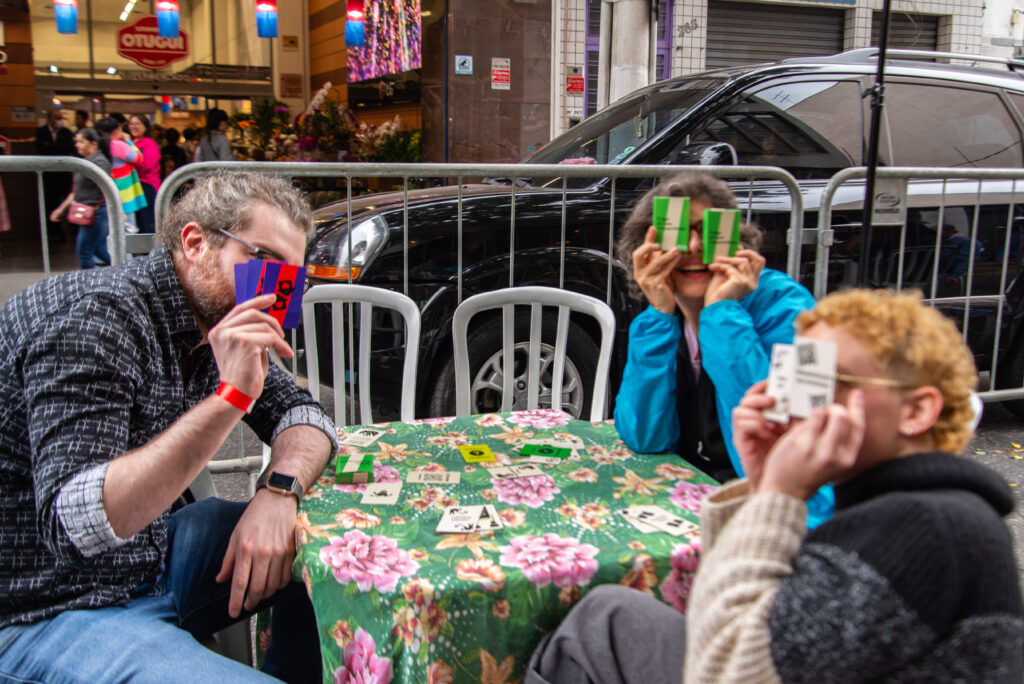
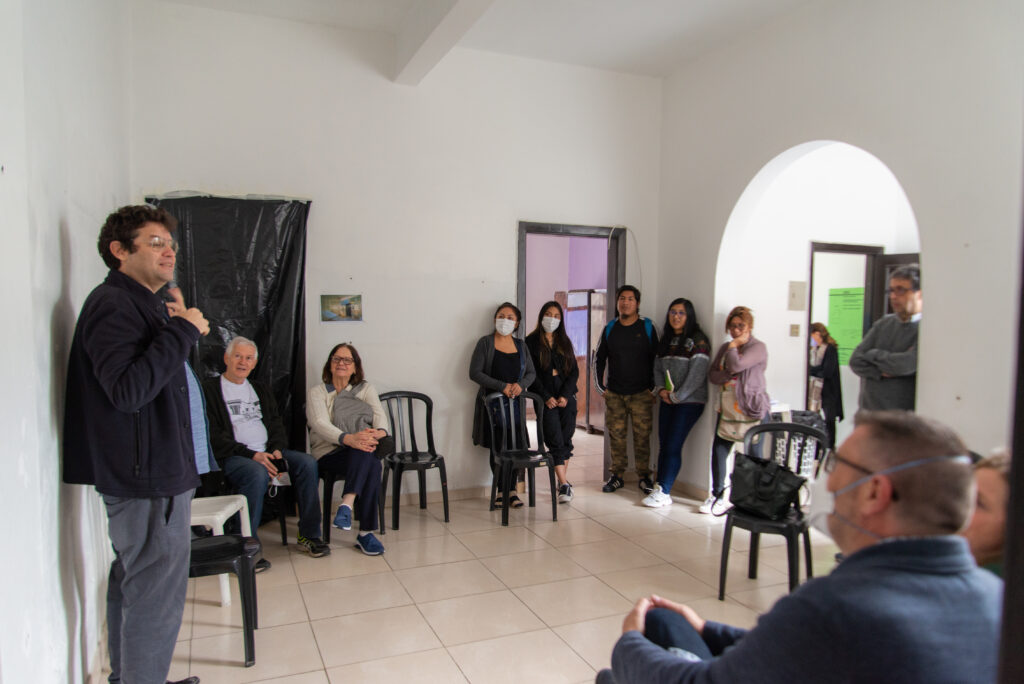
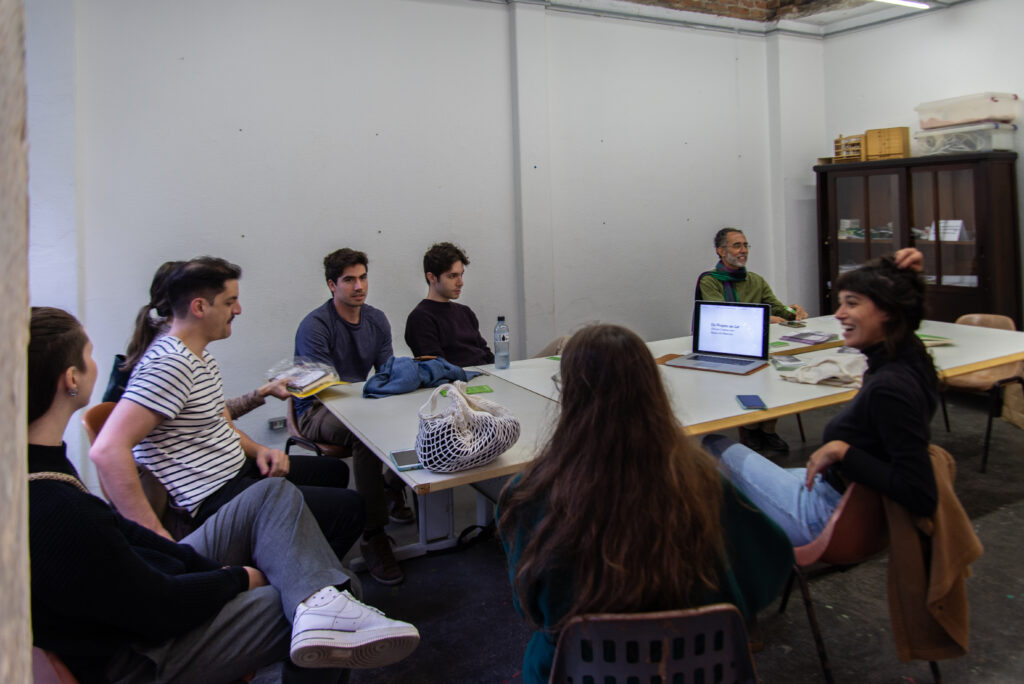
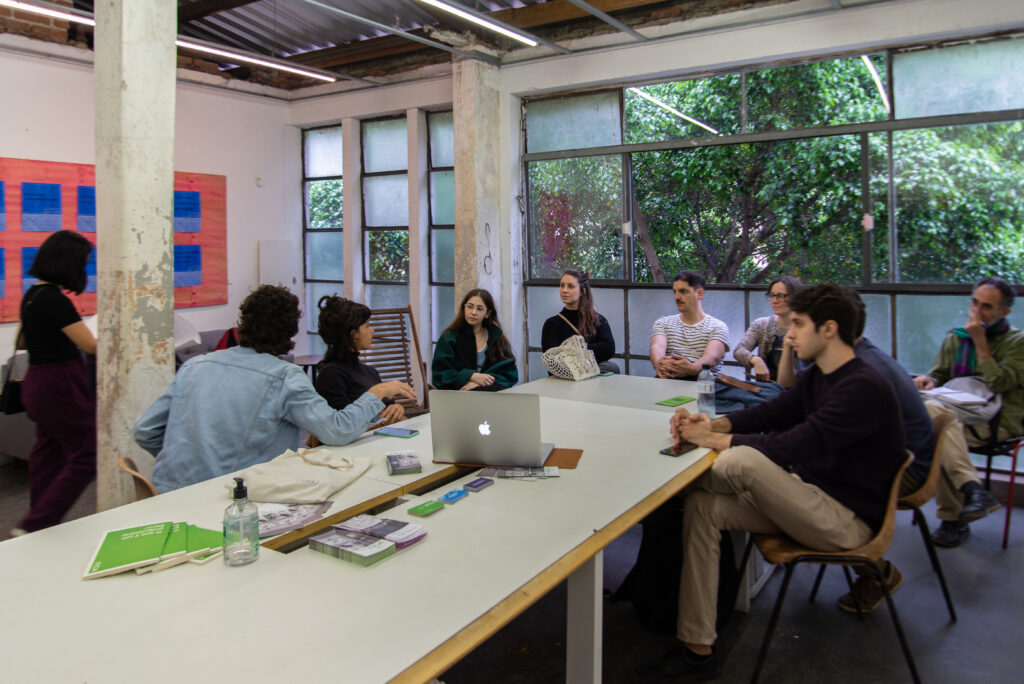
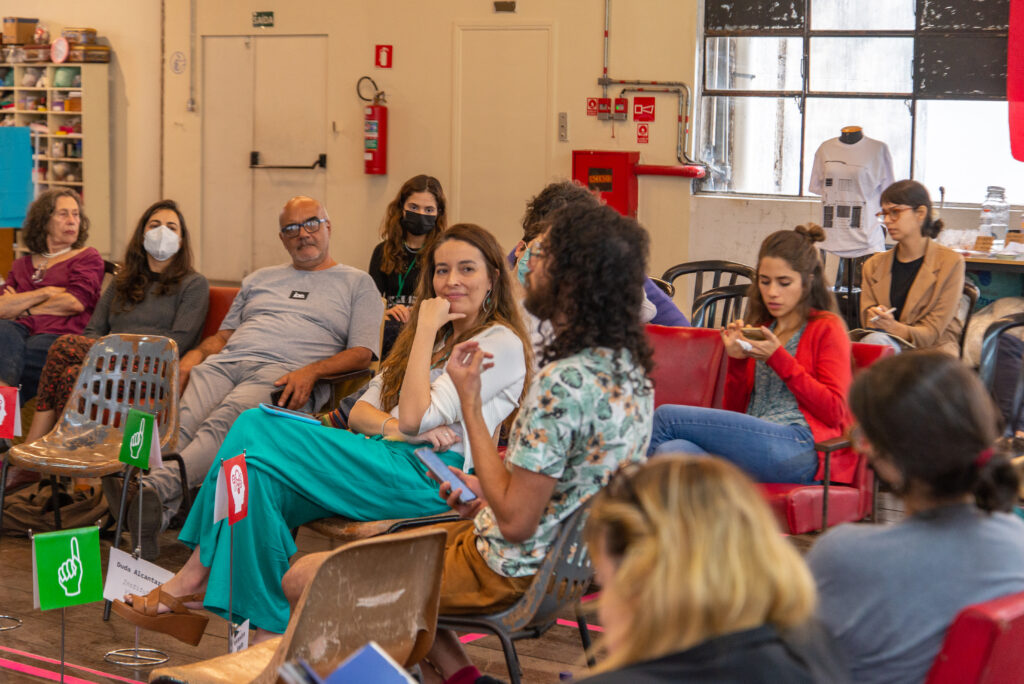
Participants:
Simone Gatti(FICA), Renato Cymbalista (FICA), Anita Valente (FUA), Álvaro Razuk (Expografo), Bianca Antunes (Urban 95), Lauro Rocha (Goma Oficina), Eduardo Costa (FAU-USP), Bento da Costa Carvalho Júnior (Fundo Haja), Neusa da Costa Carvalho (Fundo Haja), Ana David (Goma), Luis Felipe Abbud (FAU - USP), Lara Penin (Desis Lab), Eduardo Staszowski (Desis Lab), Karina Souza (BIA), Karen Steinman (Instituto A Cidade Precisa de Você), Victoria Braga (Ruína), Julia Peres (Ruína), Vanessa Bello (Fundo Haja Campinas), André Czitrom (Soma), Fabiana Tock (Fundação Tide Setubal), Thelma Villas Boas (Moradia Comum, Rio de Janeiro), Yole Medeiros and Helio Doria (Fundo Mais Curitiba), Fabiana Endo (FICA), Tarcyla Fidalgo (Collective Territorial Term), André Czitrom (Soma),Ouvidor 63, Quilombaque (bought land for their headquarters in Perus with crowdfunding), Adriana Kaufmann, Aldineia Pereira da Silva (Women of GAU), Anna Claudia Jorge Haddad (Próspera Social), Arpad Spalding (FUA Reference Group), Bruna Marques (Women of GAU), Camila Jorge Haddad (Próspera Social), Carmen Silva (MSTC), Celso Carvalho (BR Cidades), Celso Sampaio (Mackenzie), Denis Pacheco (Habitat for Humanity), Douglas Alves (Public Defender's Office), Duda Alcantara (Vivenda Institute), Edilson and Evaniza (UMM), Fernanda Dativo (Social Prospera), Fernando Bruno (Haja Fund), Gulia Patitucci (SEHAB), Isadora Rebouças (Citas), Jera Guarani (Tenondé Porã Indigenous Land), Jerôme Sensier (Rizomar), Joelma Marcelino dos Santos (Women of GAU), Karai Tiago (Yvyrupa Guarani Commission), Karen Lenzi (Parelheiros Film), Karina Souza (Bienal de Arquitetura), Karoline Sandim (Próspera Social), Kazuo Nakano (UNIFESP), Laura Maringoni (Kitchen Occupation 9 de Julho), Lucas Lima Borges (Teto), Luciana Itikawa (IEA-USP), Luciana Royer (FAUUSP), Luis Kohara (Gaspar Garcia), Marcia Terlizzi (Public Policy Consultant), Maria Bernadete (Farmer), Maria dos Anjos (Gaspar Garcia Center), Maria Helena Caroba (GAU Women), Mariana Chiesa (Manesco Ramirez Peres Azevedo Marques Advogados), Marina Frota (Prosas), Marina Sanders Paolielli (UFMG), Mathews Vichr (Ligue os Pontos), Mauri Joaquim (Farmer), Maurizio Pioletti (Politecnico di Torino), Patrícia Marra Sepe (FUA Reference Group), Paula Ravenelli (IBDU), Paula Santoro (FAU-USP), Paulo Escobar (Caminhos da Rua), Rafaela Costa (Habitat for Humanity), Roberto Fontes (FICA), Rosane Tierno (IBDU), Sandra Jeha (FUA Reference Group), Sidnei Pitta (ULC), Taissa Pinheiro (Public Defender's Office), Tania Knapp (FAUUSP), Thiago Amin (Haja Fund), Tiago Alexandre Lopes Salgado (Casa do Povo), Valéria Macoratti (Nossa Fazenda), Virginia Antonioli (FUA Reference Group), Vivian Barbour (FAU-USP), Walter Tesch (FUA Reference Group), José Baravelli (FAU-USP), Zé Mineiro (Farmer).





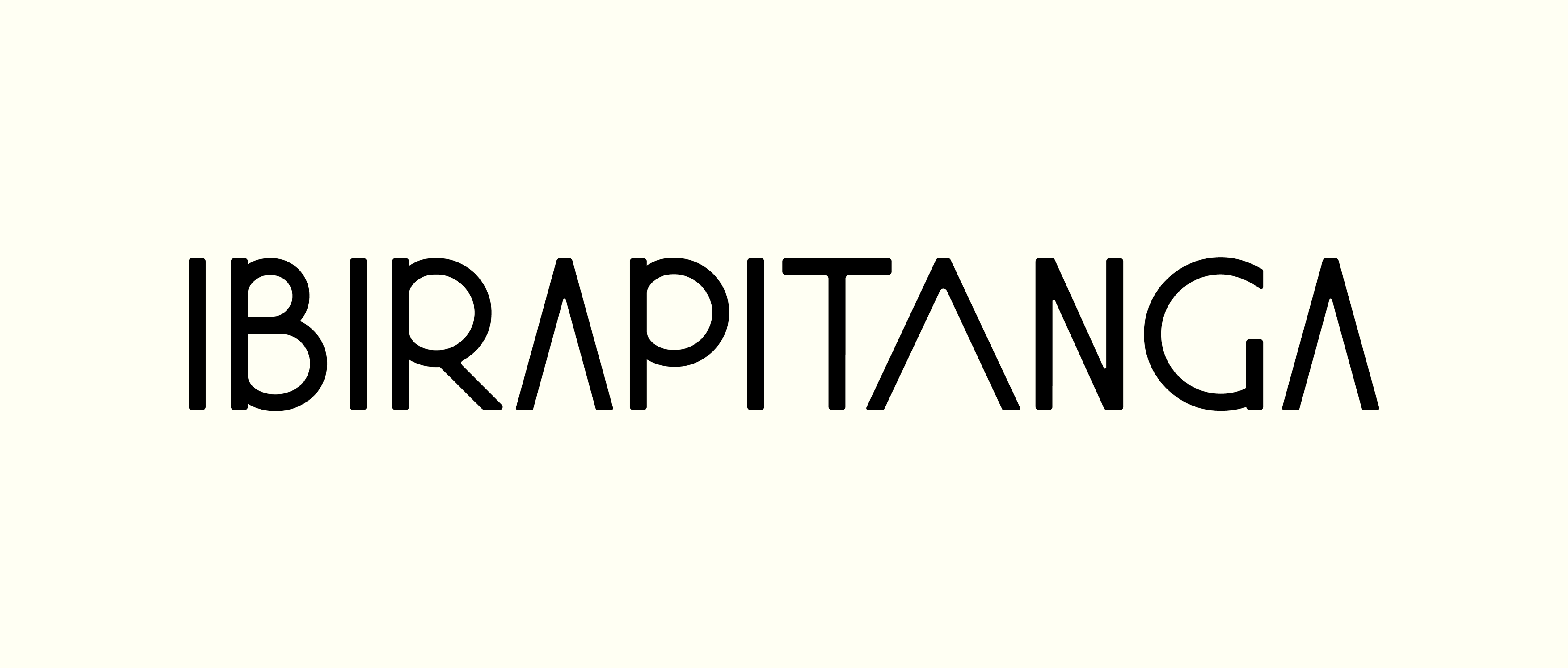

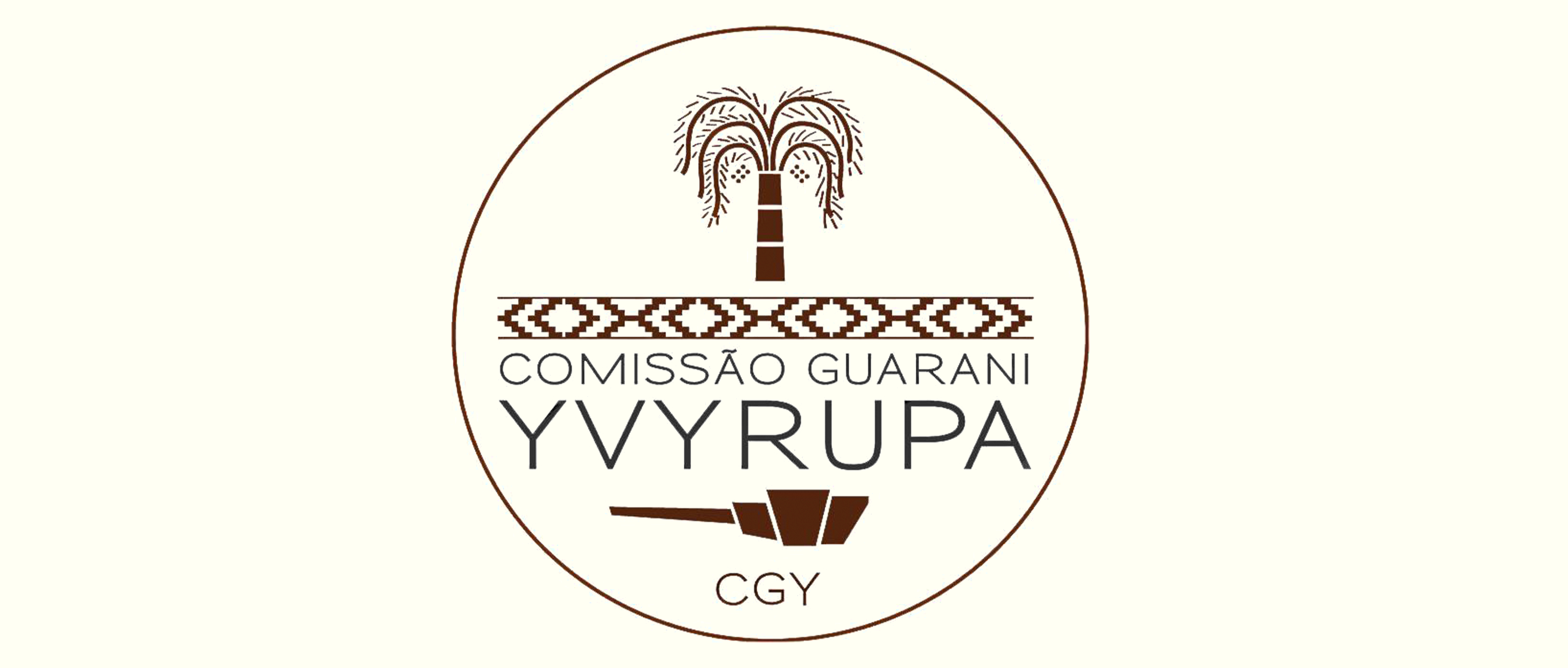
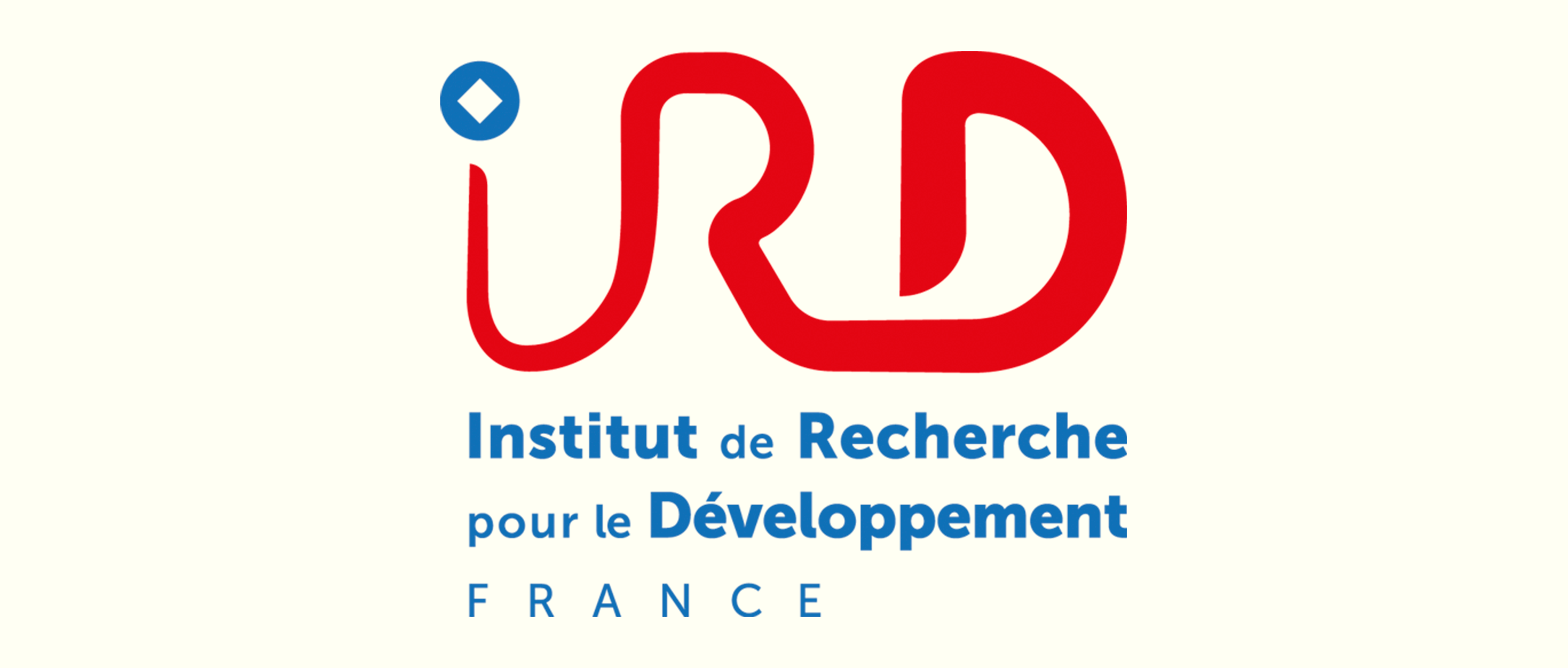
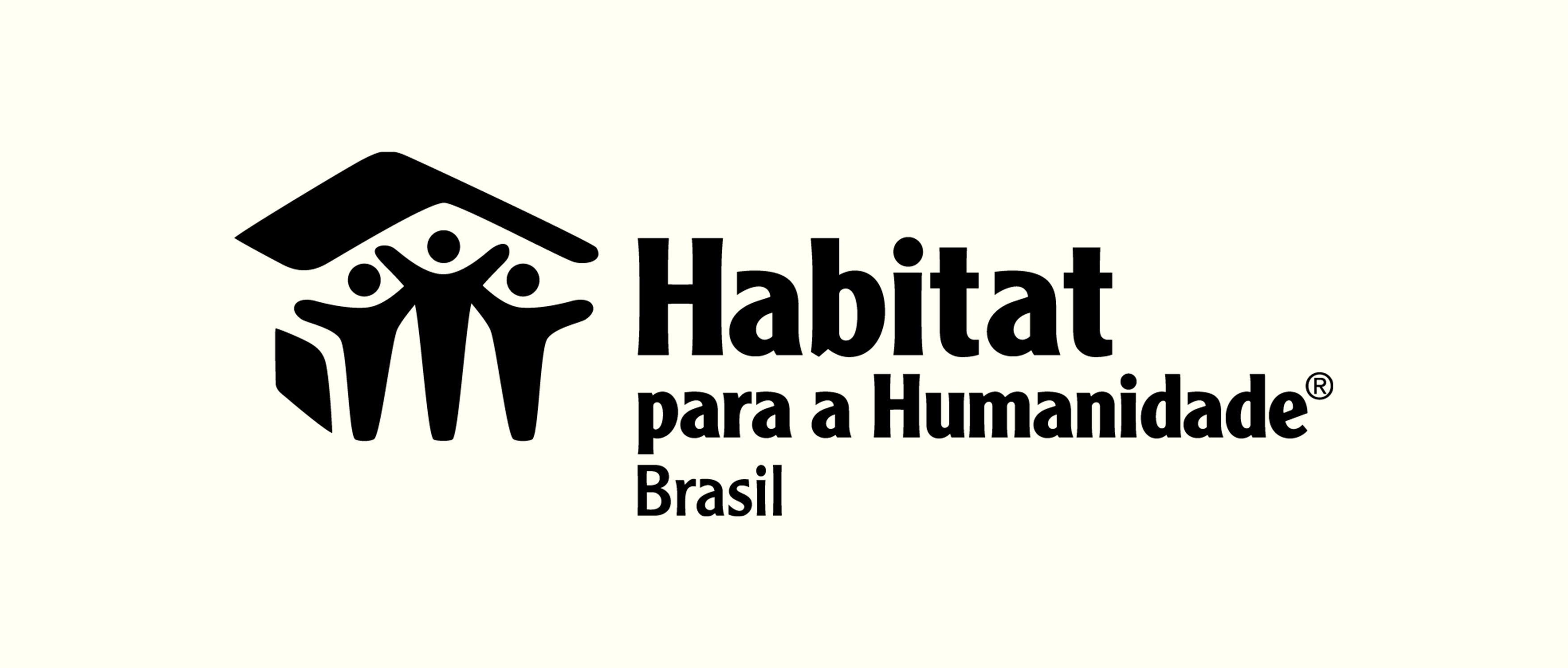
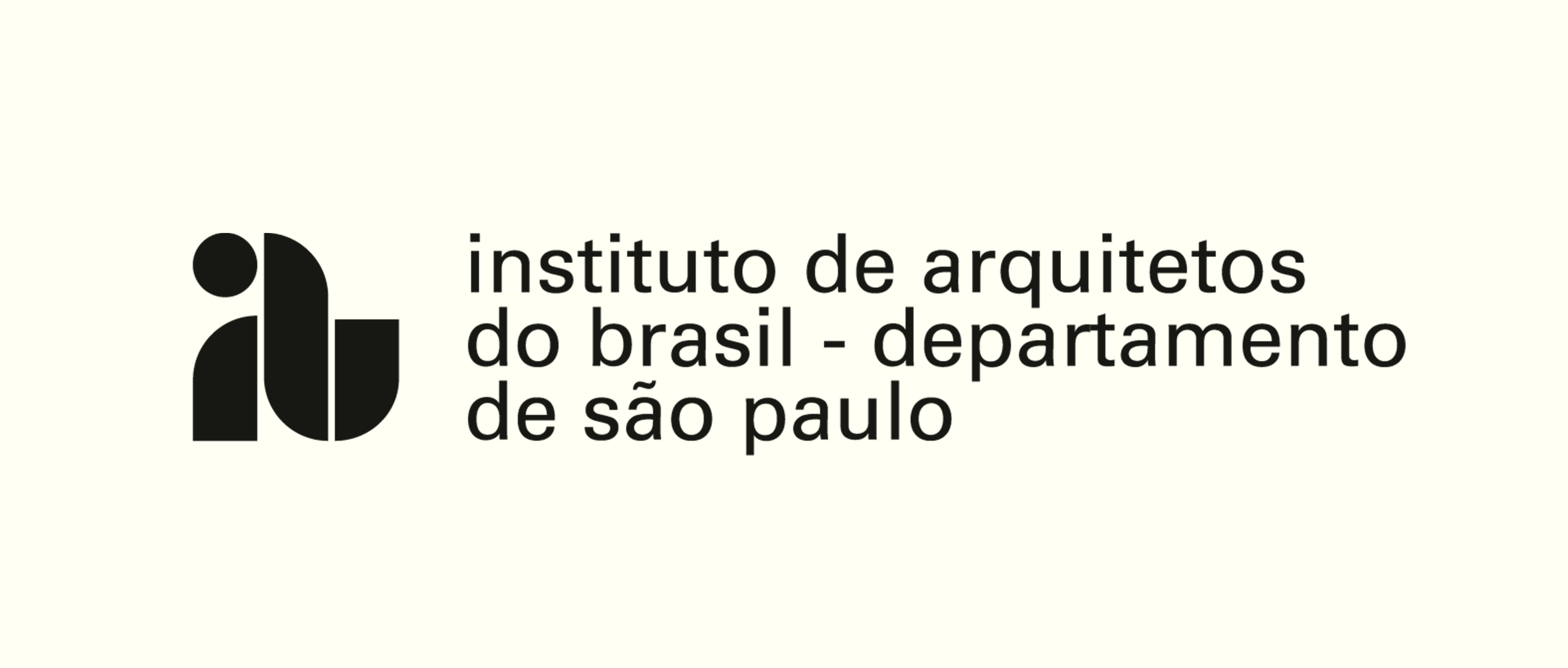

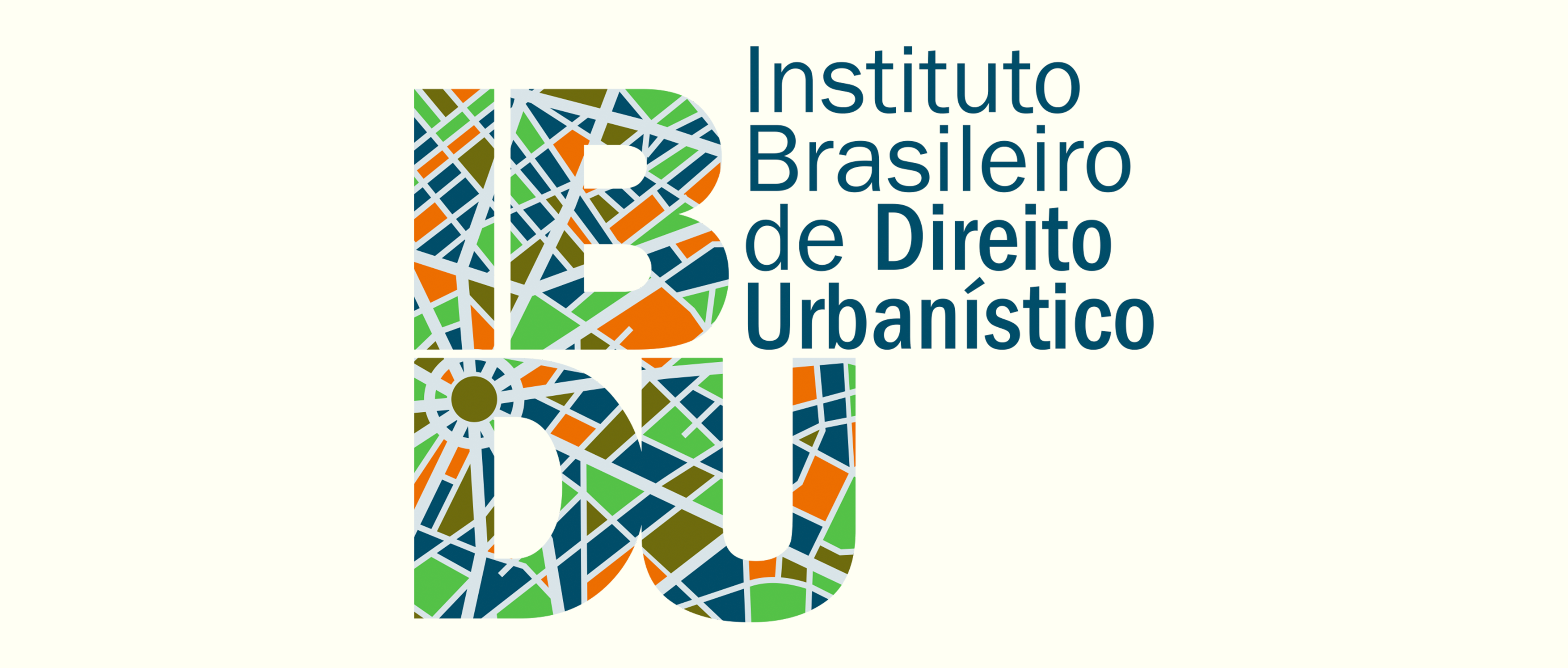
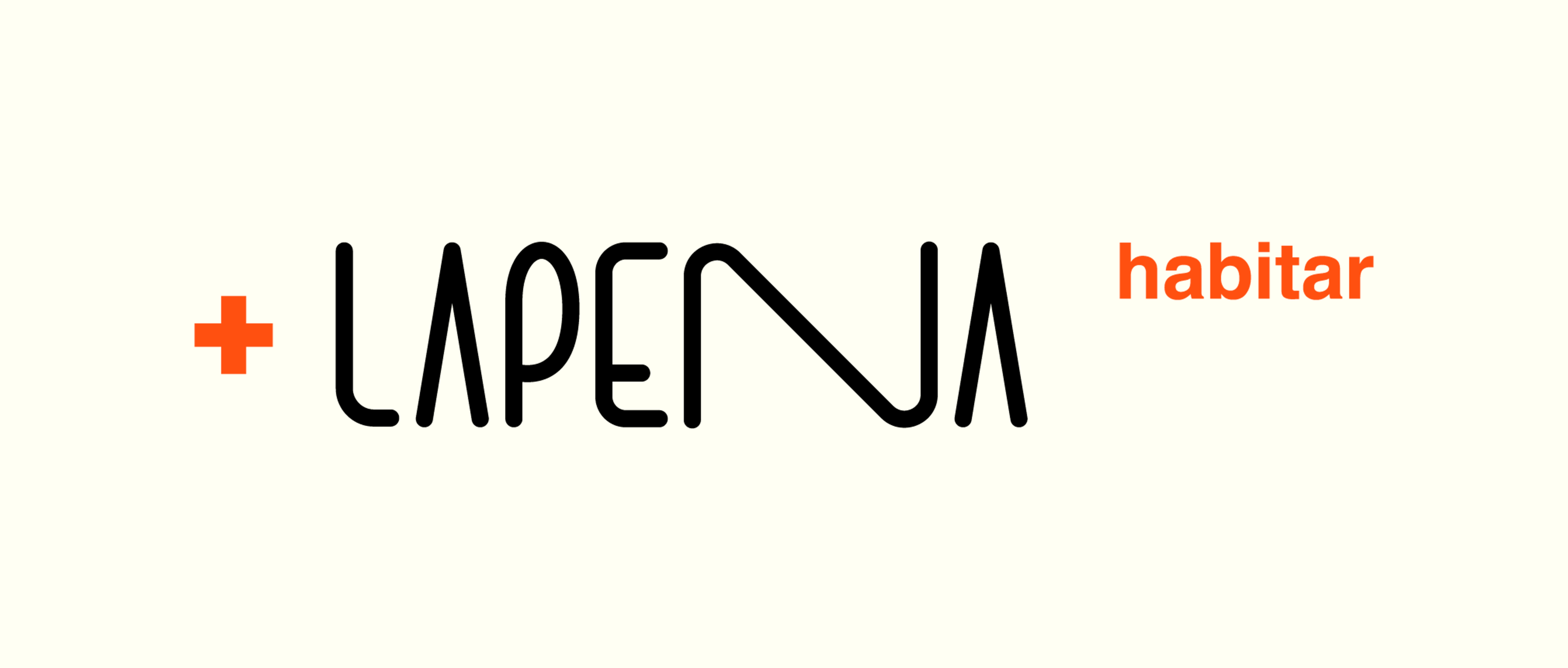
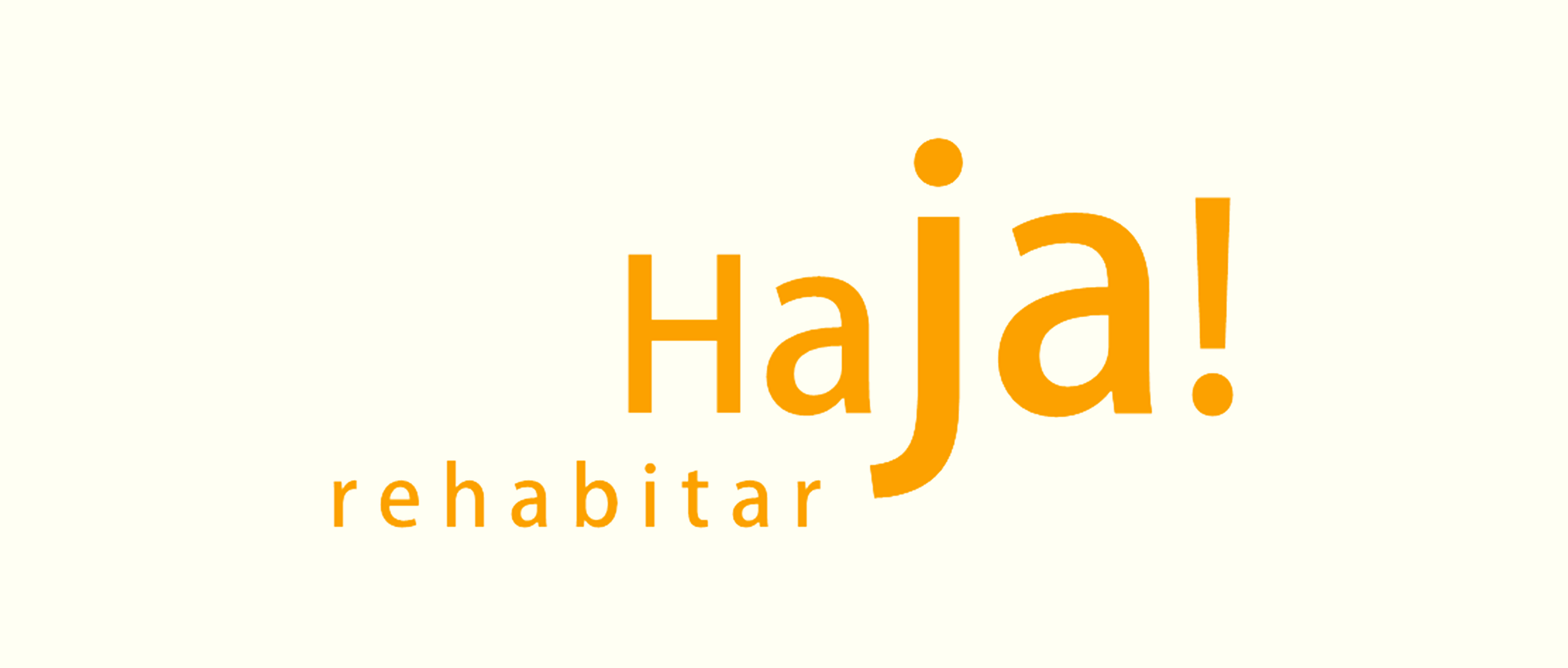
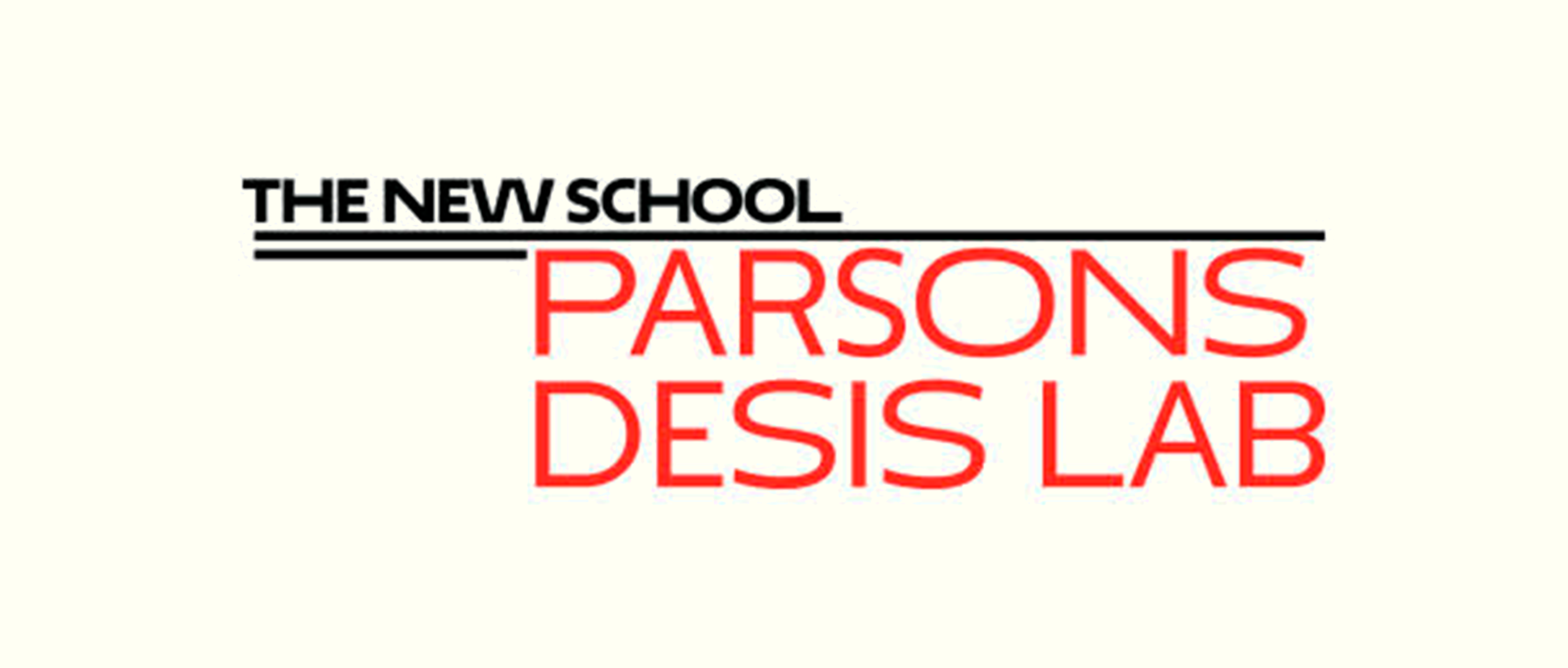

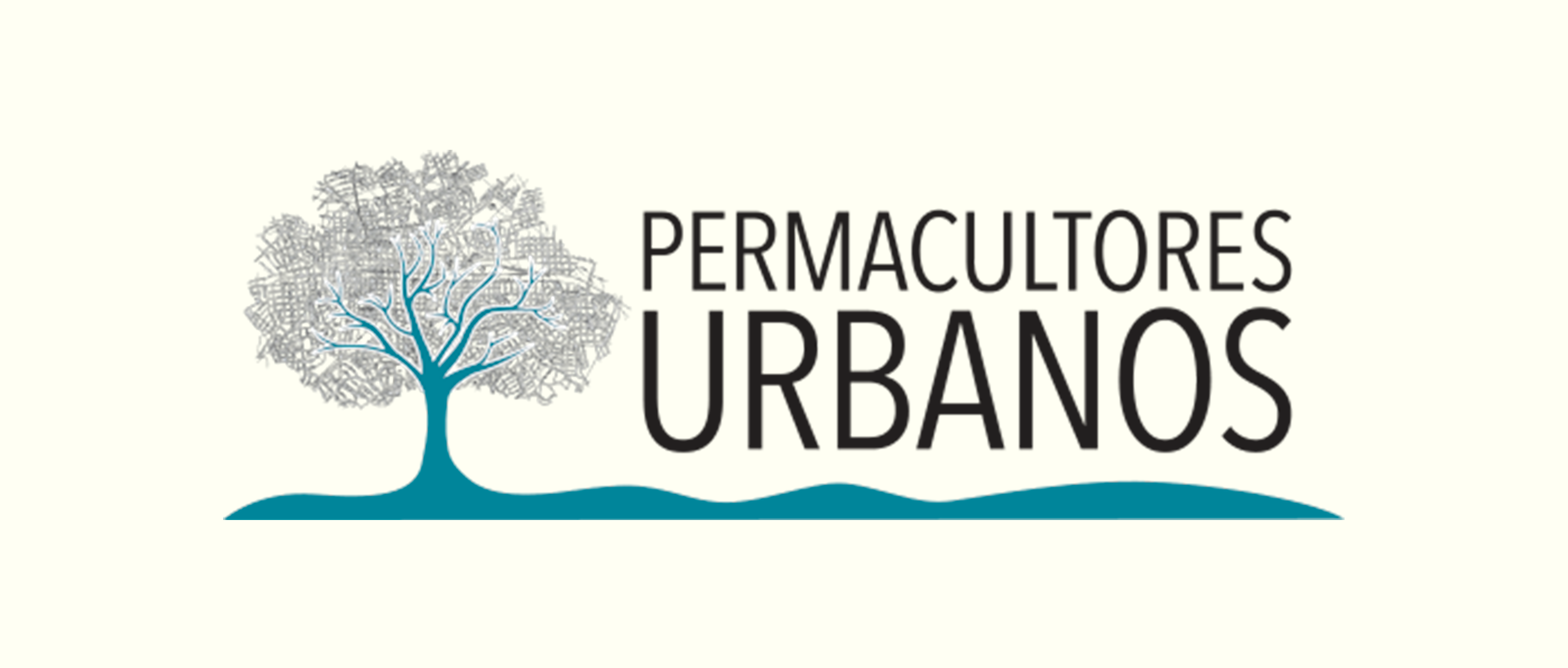
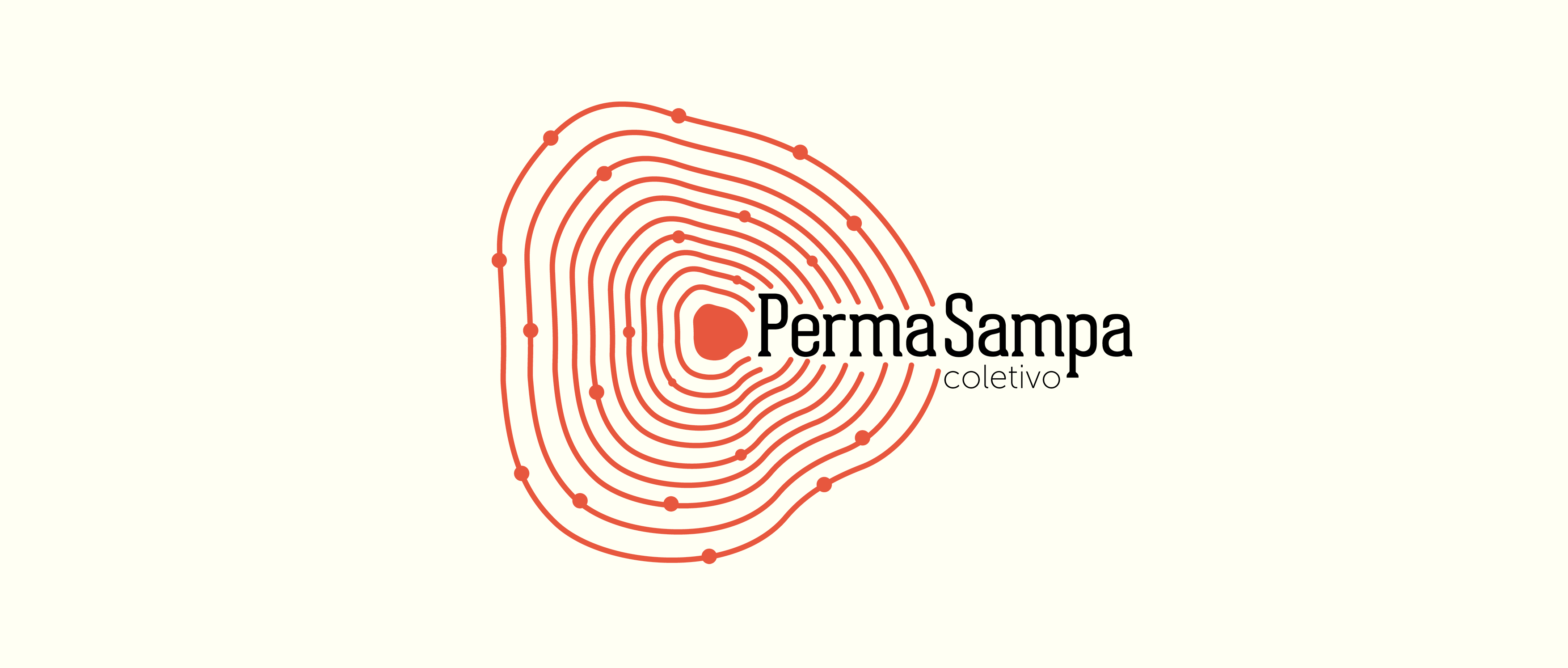
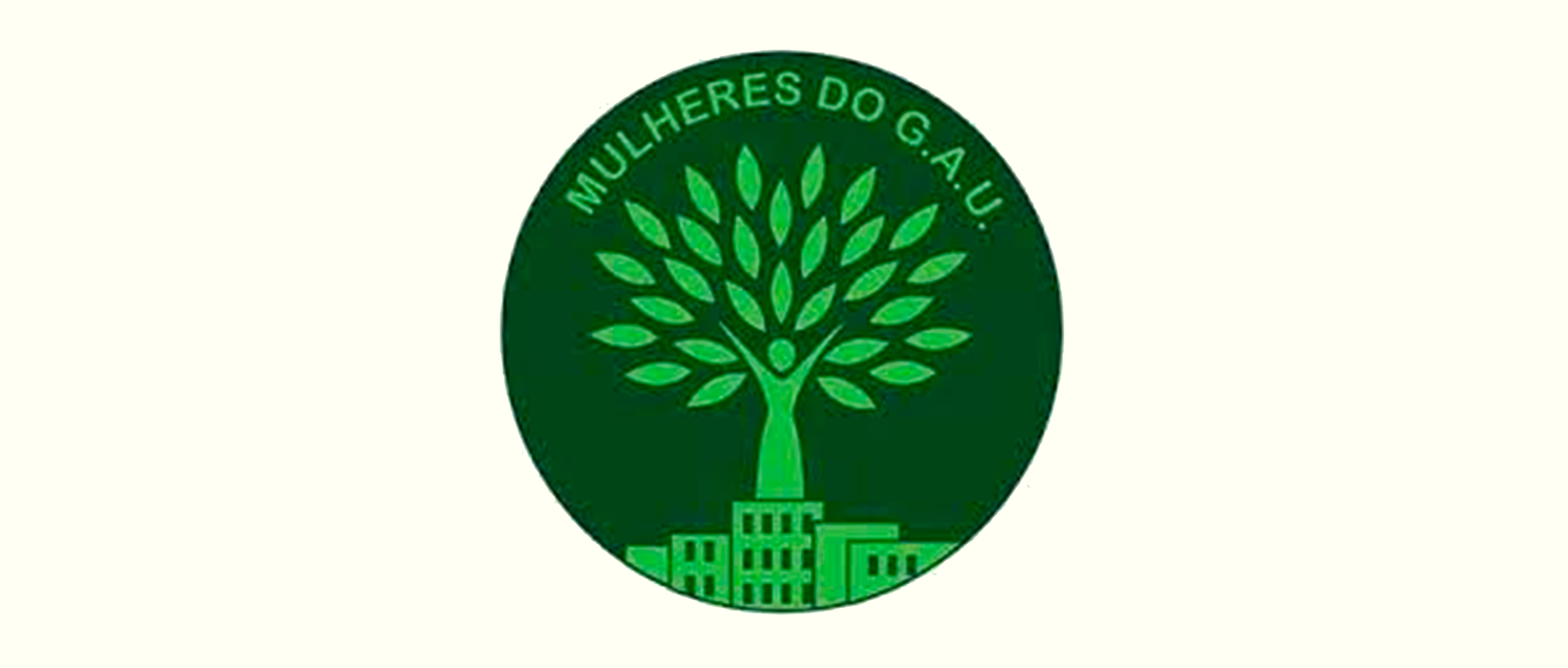
Click on the button to send us a message with your questions or suggestions. We will get back to you as soon as possible.